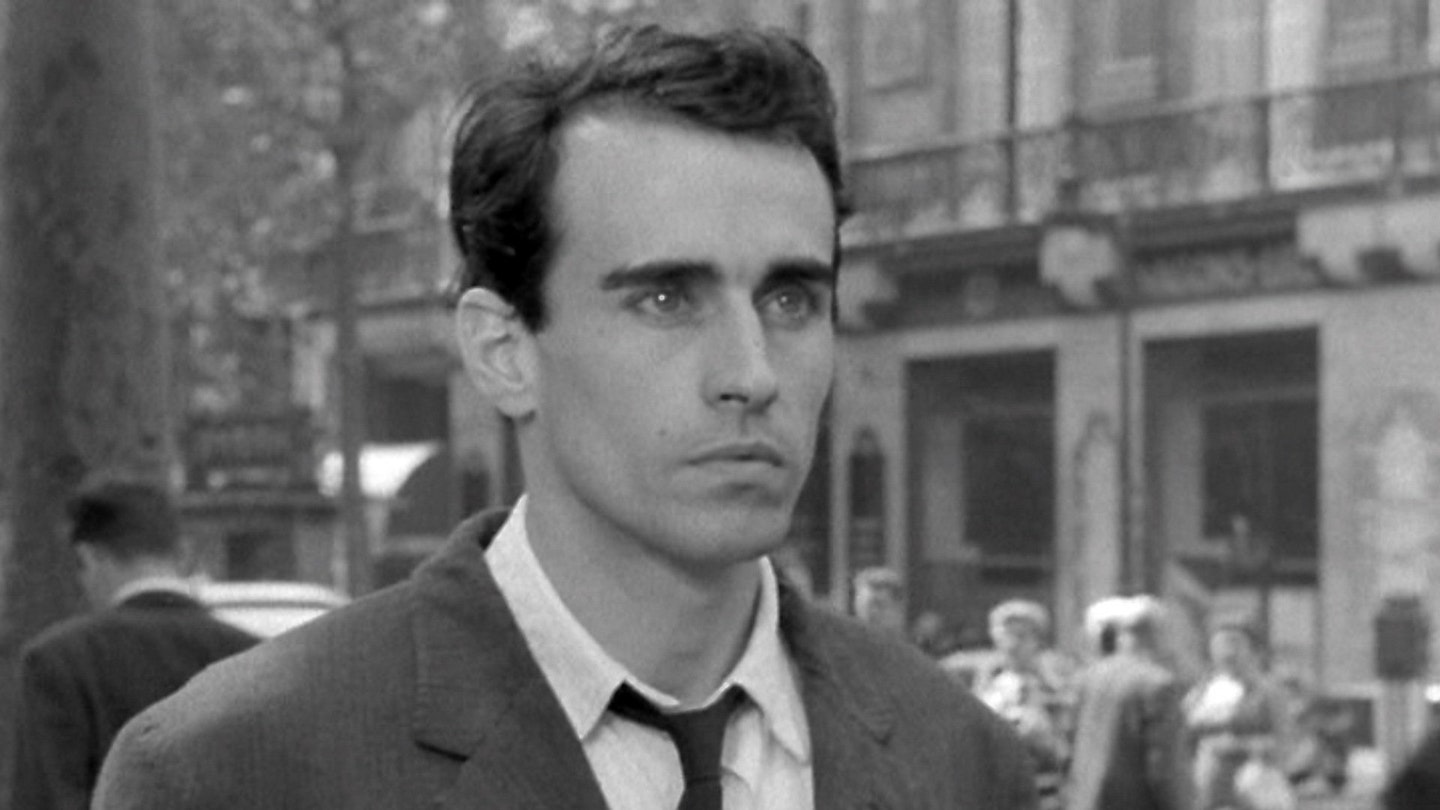Loosely inspired by Dostoevsky's Crime and Punishment, this was the second film in Robert Bresson's prison cycle' that also included A Man Escaped and The Trial of Joan of Arc. Originally entitled Incertitude and filmed on the streets of Paris at the same time as Jean-Luc Godard's A Bout de Souffle, this typically spartan drama fell foul of contemporary critics, some of whom decried its lack of psychological realism, while others accused Bresson of succumbing to elliptical self-indulgence. Yet Louis Malle described it as a film of lightning newness' and it has since been acclaimed as one of Bresson's masterworks. Indeed, Paul Schrader was so influenced by its visual and dramatic rigour that he shaped the ending of American Gigolo in its image.
Bresson again attained the austere authenticity that characterised all his pictures. He also insisted on precisely controlling the gestures and expressions of his non-professional performers and even reprised the voice-over tactic from The Diary of a Country Priest and A Man Escaped's unflinching fascination with manual dexterity. In order to reinforce the latter's documentary feel, Bresson hired a genuine dipper, Kassagi, to teach Martin Lassalle the tricks of the trade, which he filmed in tight close-up to emphasise the impression that Michel was acquiring something that would fill the void at the centre of his existence rather than any baser material need.
But, for all the obvious criminality, this is very much a tale of redemption, in which Michel's transference of his obsession with theft to a love for Jeanne is couched in near-miraculous terms, with the constantly open door of Michel's apartment signifying the free will that led him astray and the locked cell in which he finds salvation representing predestined divine intervention.
However, the film has also invited non-religious interpretations, with some seeing Michel's alliance with Jeanne as a deliverance from a repressed homosexuality that manifested itself in his fetishistic fixation with the techniques of pickpocketing, while others have identified an Oedipal bond between Michel and the mother whom he avoids for undisclosed reasons until she's on her death bed.
